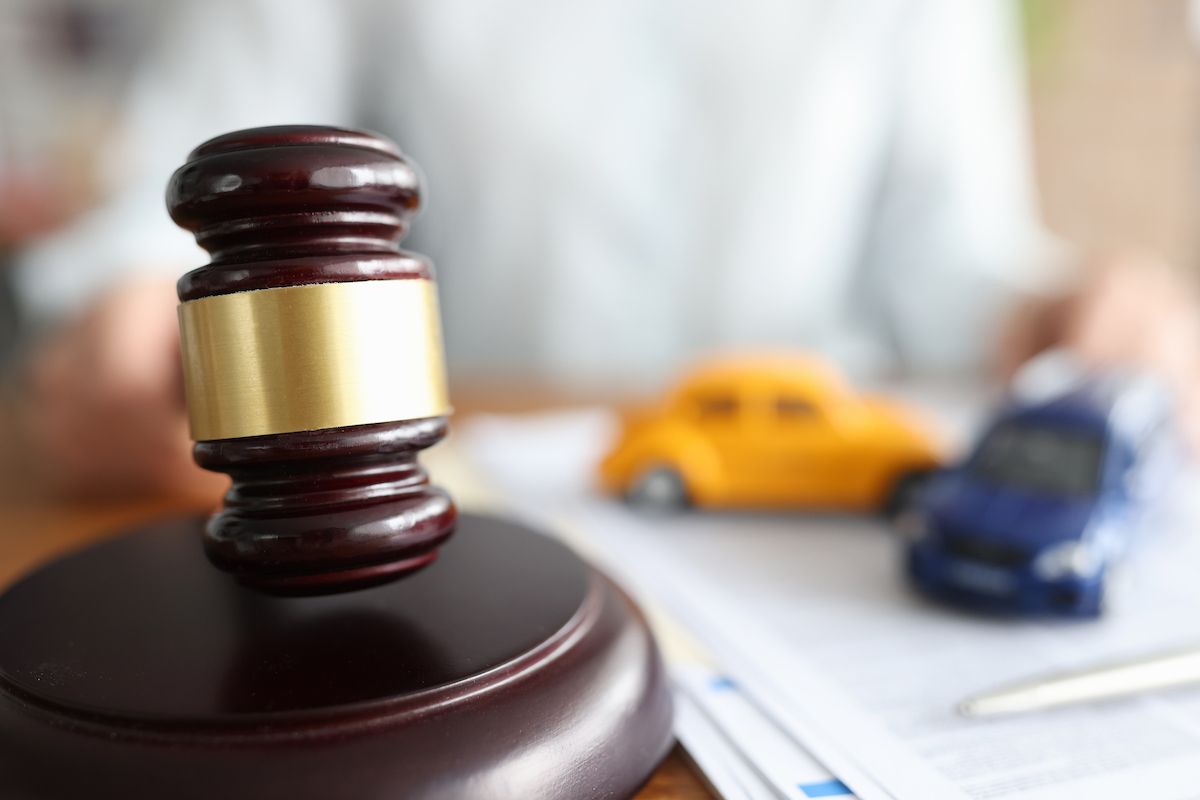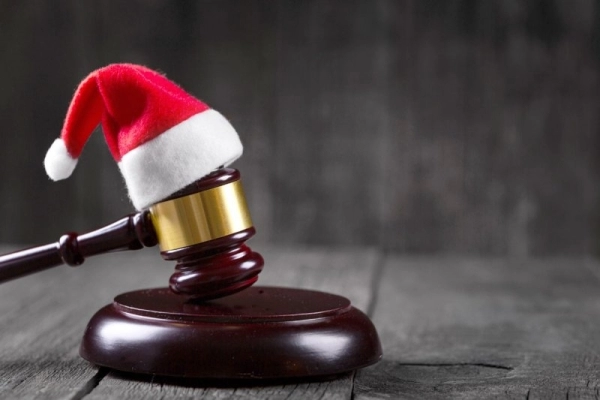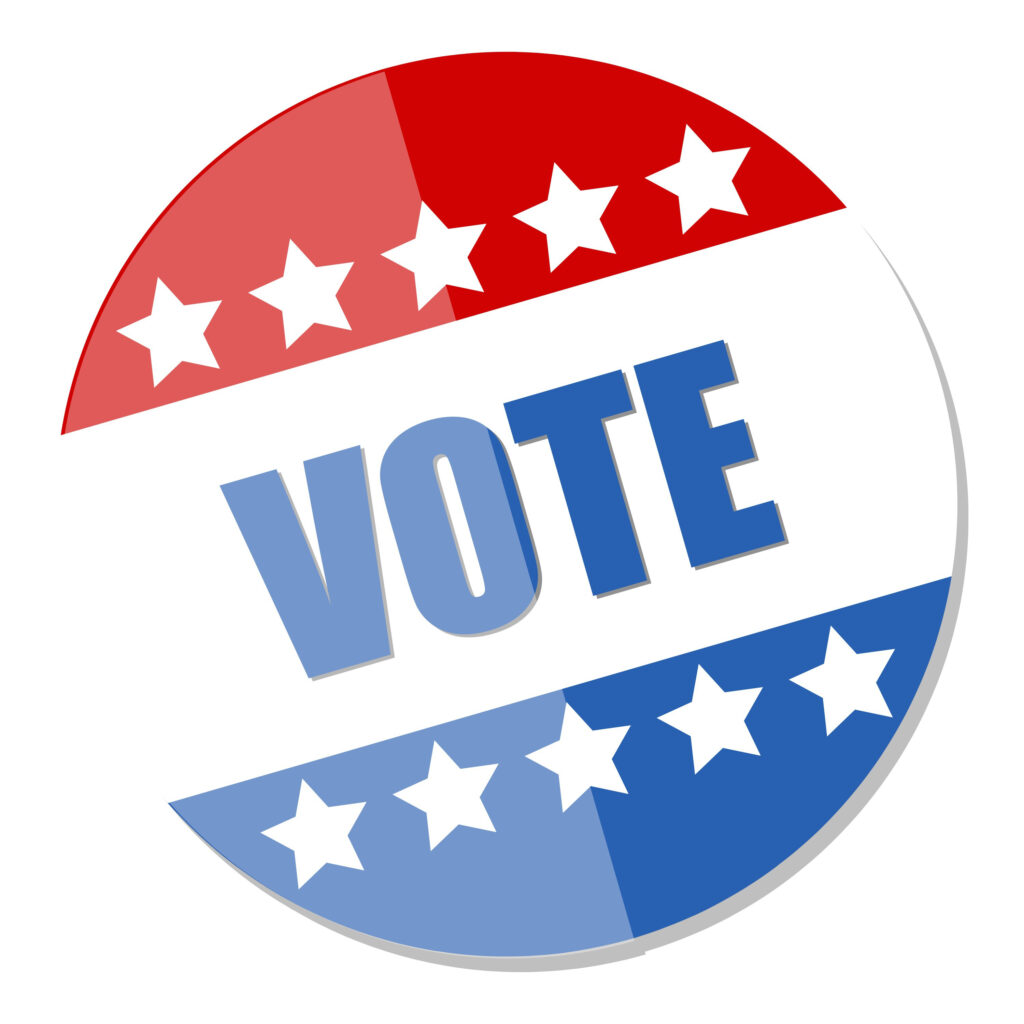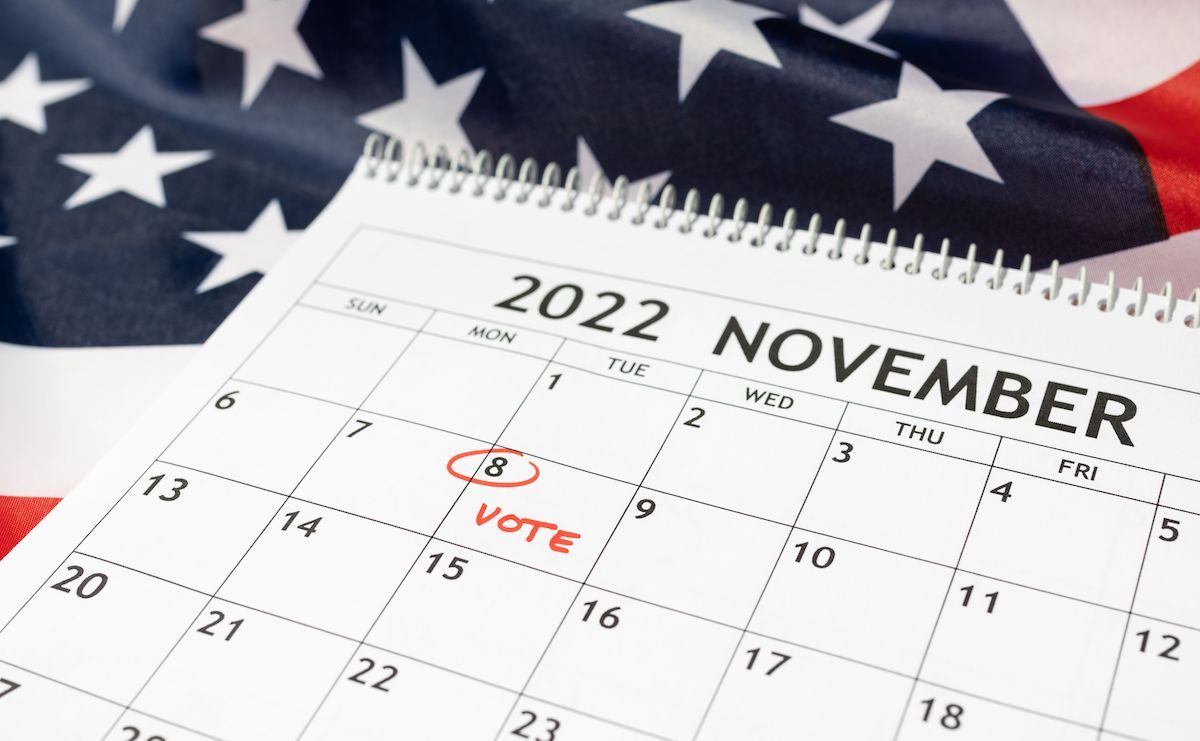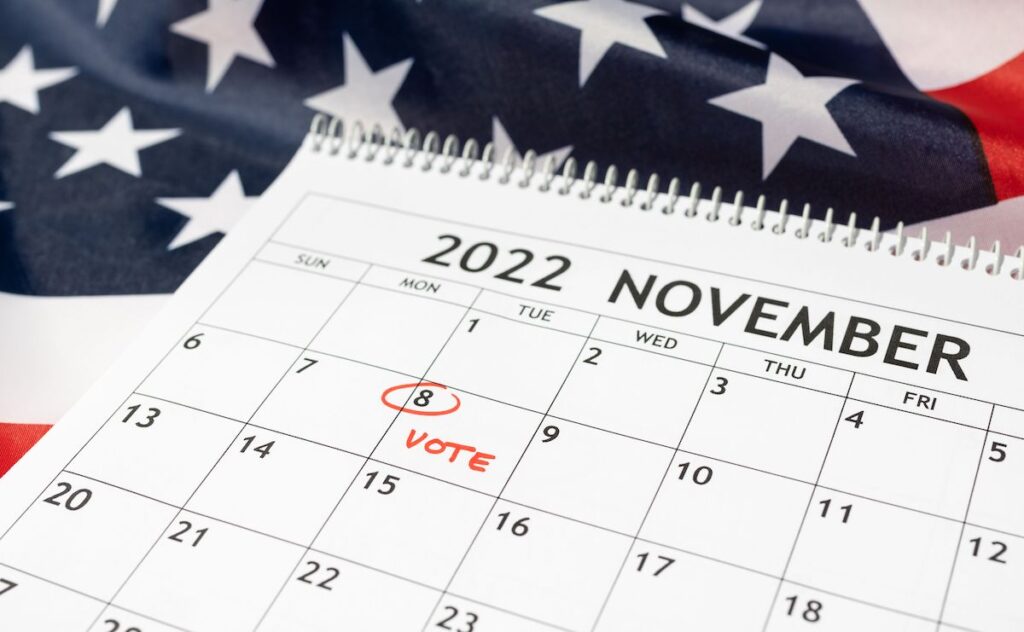Drinking and driving and the holidays. Let’s hope this doesn’t apply to you…
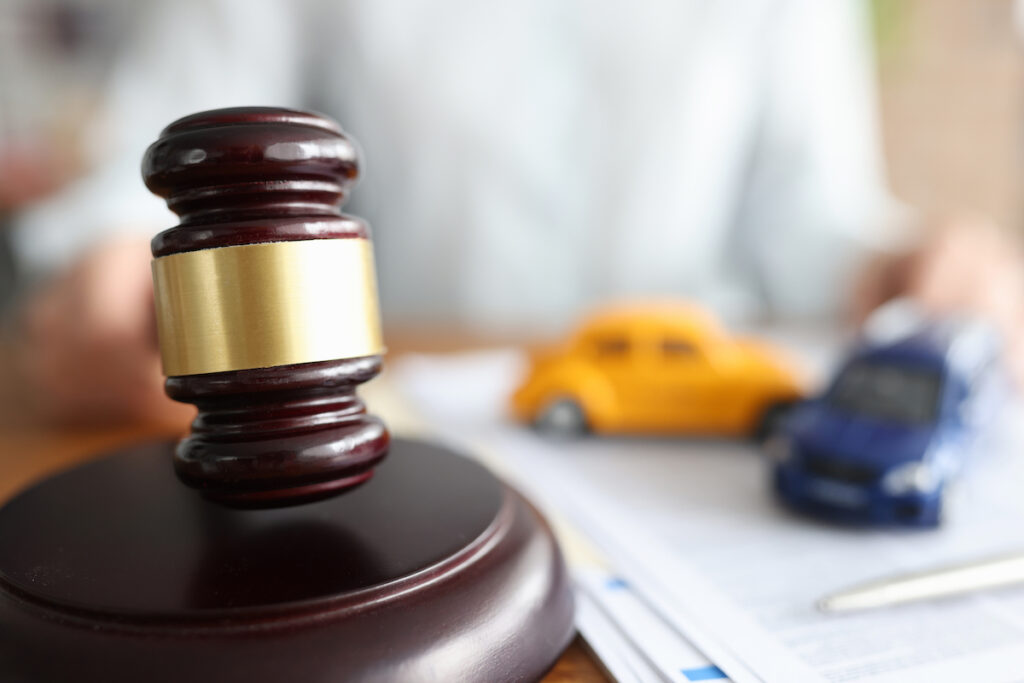
Today we are going to talk about what to do if you are hurt in a car accident involving a driver who was intoxicated or under the influence of drugs.
While it’s not a topic that you want to think about, with the holidays come increased drinking and driving, and if you find yourself (or a family member) in a car accident caused by a driver who was intoxicated, you may be asking: What do I do now?
There are a couple of things that you need to think about if and when you are involved in an accident involving a drunk driver, or a driver who was under the influence of drugs, including marijuana which is now recreationally legal in New York.
The first thing to do following an accident is make sure that the police are called, so that a police report can be generated which identifies parties involved, witnesses and insurance coverage, and may even help establish fault. In particular, if a driver is under the influence they will likely be issued tickets, which is important because it can help you establish liability down the road.
Following the accident you or your attorney will want to reach out to the local court or district attorney who is responsible for prosecuting any charges against the other driver, notifying them of the severity of your injuries.
Why is that important? Because then the prosecutor is less likely to give a quick plea deal to the wrongdoer if the case involves serious injuries. This may become very important later, because if there is an admission of wrongdoing (i.e. a guilty plea), it will help establish liability against the other driver.
You’ll next want to be sure that the other driver had insurance, and that the relevant insurance companies are given notice of the potential claim. This will help you determine the applicable coverage limits on the other driver’s vehicle.
Once you determine the coverage limits of the other vehicle you may want to notify your own insurance company that you have a potential SUM or UM claim. As we’ve discussed before, this is a claim that allows you to seek damages from your own insurance company in excess of the other driver’s insurance.
This is important because many times if you are hurt because of a drunk driver you will have sustained very serious injuries. You may need surgery or significant medical treatment. You may have a long recovery and miss work. If the other driver has $25,000 or $50,000 in insurance coverage, it will likely be insufficient to wholly compensate you.
If you have sufficient SUM or UM coverage under your own insurance policy you may be able to make a claim against that coverage for damages beyond the other driver’s policy. But remember that it is critical to notify your carrier, as part of your responsibility as an insured is to notify the insurance company that you have the potential for a SUM or UM claim. If you are unsure about your Sum or UM coverage, take a look at the declarations page on your auto insurance policy.
In addition to everything else – and this goes without saying – get medical treatment. You have to take care of yourself and your family so that you can move on from the accident. And the best way to do that is to get medical treatment immediately and as needed.
To learn more about how D’Orazio Peterson can help you, visit here or go to our website: www.doraziopeterson.com
*This article is informational only and is not intended as legal advice, nor does it create an attorney-client relationship*
